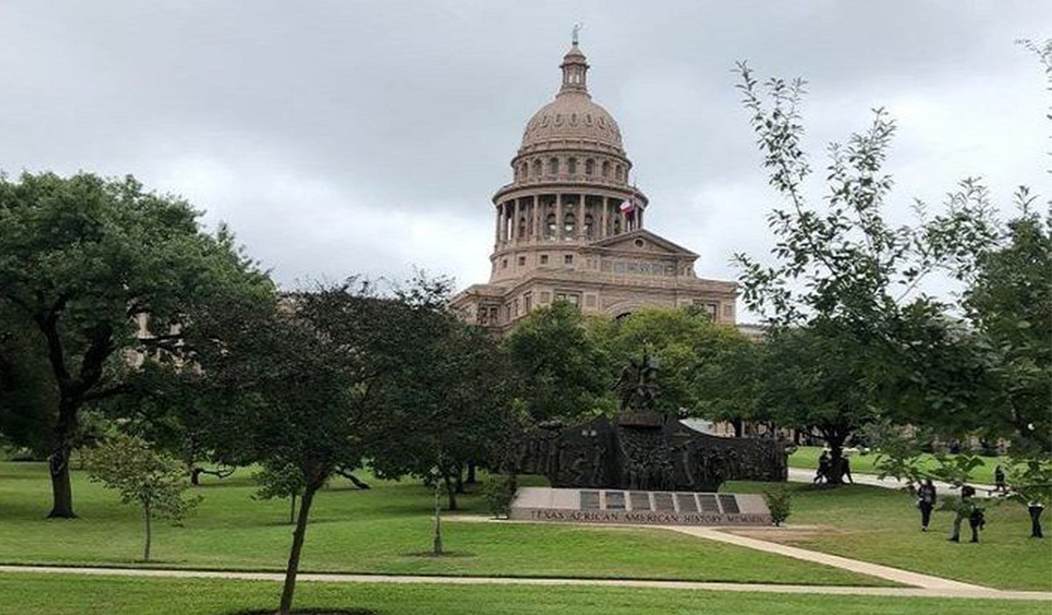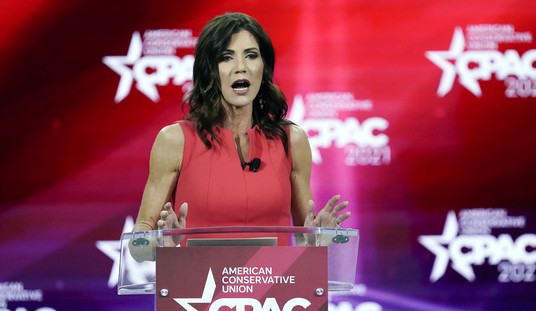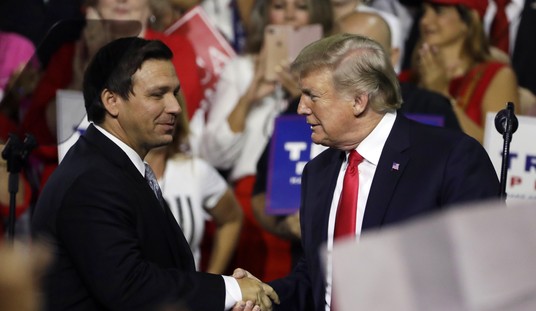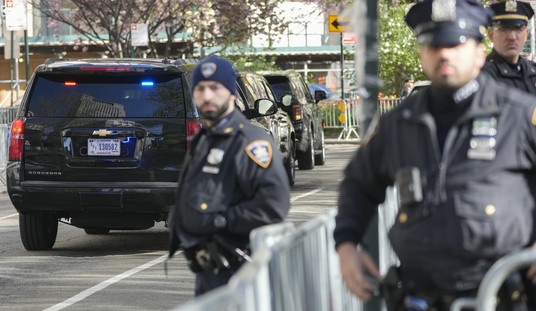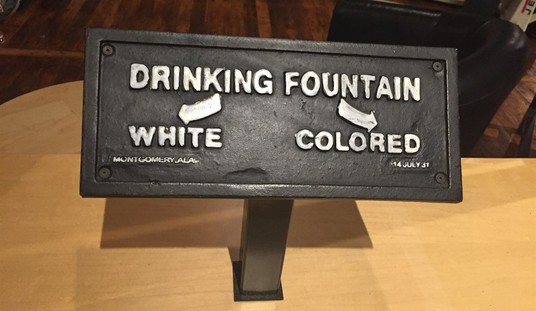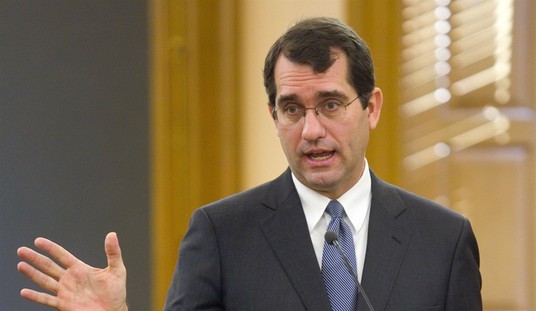Texas has been struggling to pass school choice legislation since long before I became a Texan in 2012. It is an issue that has vexed many, given that the Lone Star State is viewed as being nearly blood red (even though that’s not the case anymore).
Now, it appears the state legislature might be close to passing a school choice plan after decades and decades of trying. But, there are still some serious obstacles in the way.
A school voucher proposal was recently advanced in the state legislature.
A Texas House committee has advanced school voucher legislation that could be key to ending the protracted stalemate over the issue this year at the Capitol.
By a vote of 10-4, the House Select Committee on Educational Opportunity and Enrichment approved House Bill 1 on Friday. It is a wide-ranging education bill that includes a voucher-like program known as education savings accounts that lets parents use taxpayer dollars to subsidize private schooling costs.
Gov. Greg Abbott has pushed all year for the proposal, prompting four special sessions. The committee approval marks the furthest a voucher bill has gotten in the House in recent history.
"We are excited to see a Texas House education committee pass school choice for the first time since 2005," Tommy Schultz, CEO of the American Federation for Children, said in a statement. "It's time to get this done."
The current proposal revolves around the concept of Education Savings Accounts (ESAs). These are voucher-esque programs in which taxpayer dollars are used to subsidize the costs of private schooling. The proposed House Bill 1 would allocate $10,500 annually per student for private school expenses. Priority would be given to students from low-income families and those with disabilities.
The State Senate’s version proposes giving students $8,000 per year. The aim is to grant parents more control over where and how their children are educated by giving them the flexibility to choose private schooling if they wish. HB 1 does include funding for parents who choose to homeschool, but it is limited to $1,000 per child.
Those who support the plan argue that it provides greater flexibility and more choice for parents to determine their children’s educational outcomes. This is especially true of disadvantaged children in lower-income neighborhoods and those who have special needs. The plan is seen as an equalizer of sorts, a way to ensure that one’s zip code does not necessarily determine the quality of a child’s education.
On the other side of the coin, those opposing the plan argue that it would divert funds away from government-run schools. They have expressed concerns that it could substantially reduce government school funding, harming institutions that are already struggling with resources. Critics have also questioned the accountability measures for private schools, insisting that these schools should be held to similar standards as state-run schools.
The voucher plan has encountered significant legislative hurdles in the form of Democrats and Republican state lawmakers representing rural areas. Gov. Greg Abbott, a supporter of the proposal, has even gone so far as to threaten GOP politicians who hold up the passing of the bill.
Abbott has put a lot of political capital on the line to try to get a voucher bill to his desk, but he was thwarted by the House in the regular session and again in the third special session. He has threatened that if lawmakers cannot get it done in a fourth special session, he will turn his focus to making it an issue against GOP holdouts in their March primaries.
It is also worth noting that all of the resistance is coming from the State House as the Senate has already passed its version of the bill. This has led to a series of special sessions of the state legislature.
However, Abbott reportedly reached a deal with State House Speaker Dade Phelan to push the plan forward.
According to the agreement outlined by Gov. Abbott, every student — including those enrolled in private and public schools — would be eligible to participate in the program. Each student would get about $10,400 per year.
Tuesday’s agreement between Abbott and Phelan came the same day the governor agreed to expand the call for the special session to also include funding for teacher raises and school safety, something that was not on the original call.
Abbott’s expanded call also includes changes to statewide testing in public schools. The “STAAR Test will be phased out to be replaced with an improved assessment system,” Abbott said.
So far, it seems that things are falling into place for HB 1. But the process is far from over, and there could be even more objections as time goes on. But with school choice being such a hot-button issue, Republicans in Texas can’t afford to fail again on this issue.
Abbott seems determined to hammer out some type of deal and is willing to call as many special sessions as it takes to ensure that Texas parents have more choices when it comes to educating their children, which is the most desirable outcome given how progressives are trying to use the education system to indoctrinate children into leftist ideology. While nothing is certain, it looks like, at some point, the Lone Star State will have school choice.

